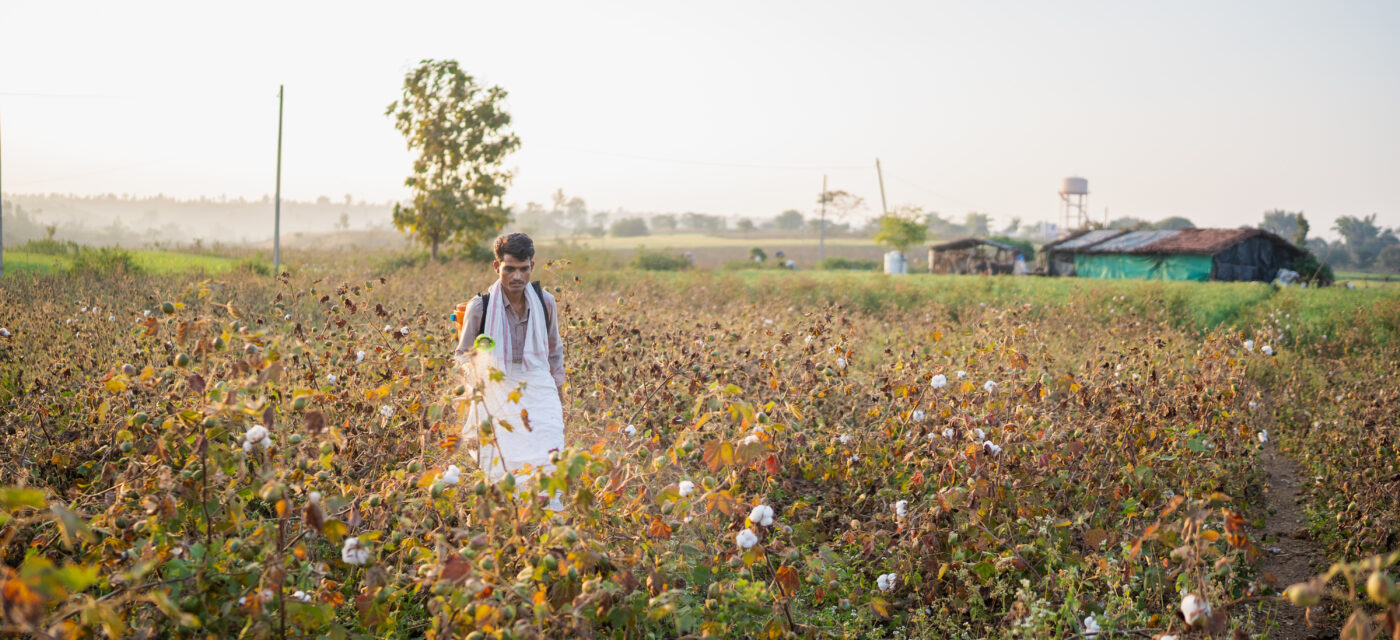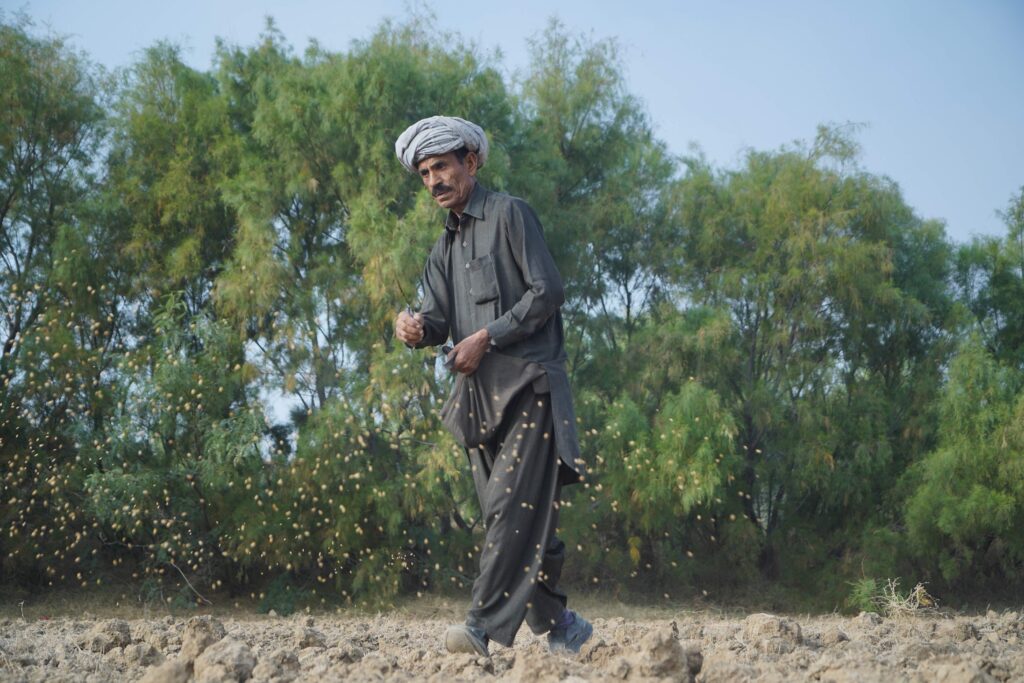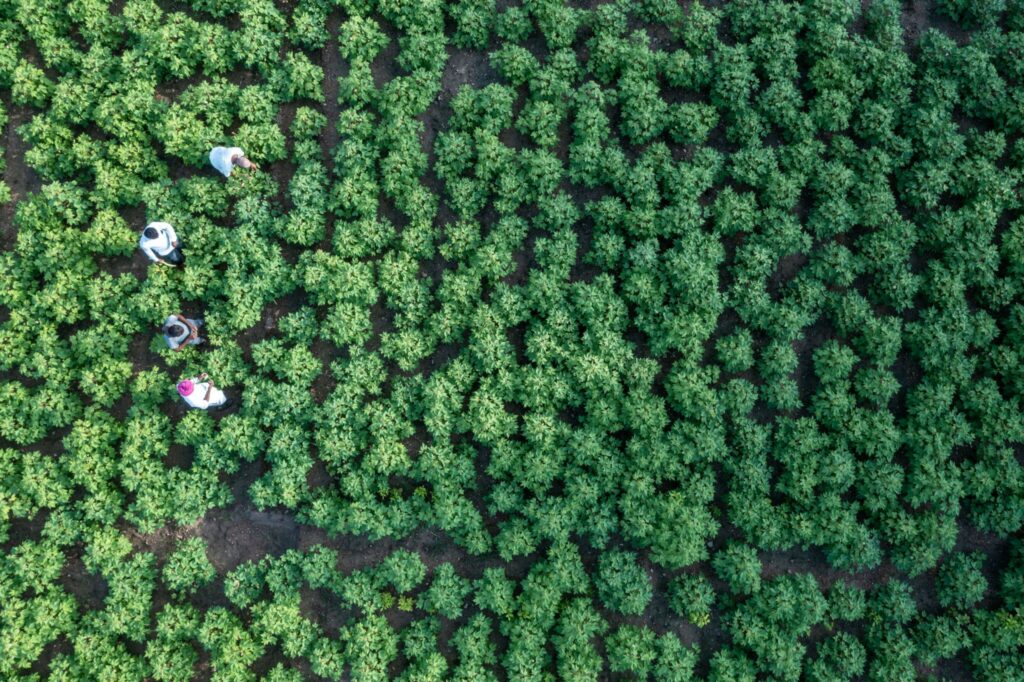New Delhi/Amsterdam, September 24, 2024 – The Organic Cotton Accelerator (OCA) and the Regenerative Production Landscape Collaborative (RPLC) join hands to advance regenerative and organic agricultural production and markets in Madhya Pradesh, India. OCA has formally joined the multi-stakeholder and multi-sectoral landscape initiative, connecting more farming communities in Madhya Pradesh to OCA’s Farm Programme. In turn, the RPLC’s landscape level activities will create long-term impacts on incomes, inclusion, and environmental regeneration for OCA’s farming communities.
Founded by IDH, Laudes Foundation, and WWF-India, RPLC is an innovative jurisdictional model fostering agricultural ecosystems that conserve natural resources and build community resilience, whilst enabling businesses to source responsibly.
“We are very excited by this collaboration,” said Jyoti Sharma, OCA’s Country Director, India. “The IDH landscape approach implemented by the RPLC in Madhya Pradesh—combined with OCA’s Farm Programme approach—holds great potential to generate holistic benefits for farmers and the environment. We look forward to collaborating with RPLC to positively impact farmer livelihoods and supply chain actors.”
OCA connects the market with farmers transitioning from conventional to organic cotton production. RPLC targets 10 cotton-growing districts in Madhya Pradesh, supporting the transition to regenerative farming through in-field interventions, value chain development, and market linkages for cotton and food crops. The model also emphasises governance building to foster local ownership of RPLC goals and promotes public-private engagement to address smallholder resilience and environmental degradation holistically.
Collaborative approach benefitting farmers
OCA and RPLC complement each other, and by joining efforts, they aim to scale their constructive outcomes. The landscape approach will create deeper and more holistic positive impacts for farmers and the environment, benefiting OCA farmers, brands, and retailers.
Pramit Chanda, Global Director Textiles & Manufacturing at IDH, comments: “Both RPLC and OCA are offering to brands and retailers alternative sourcing models premised on a vision of a climate resilient and prosperous future for smallholder farmers. By working together, we can strengthen each other’s approaches and accelerate market transformation.”
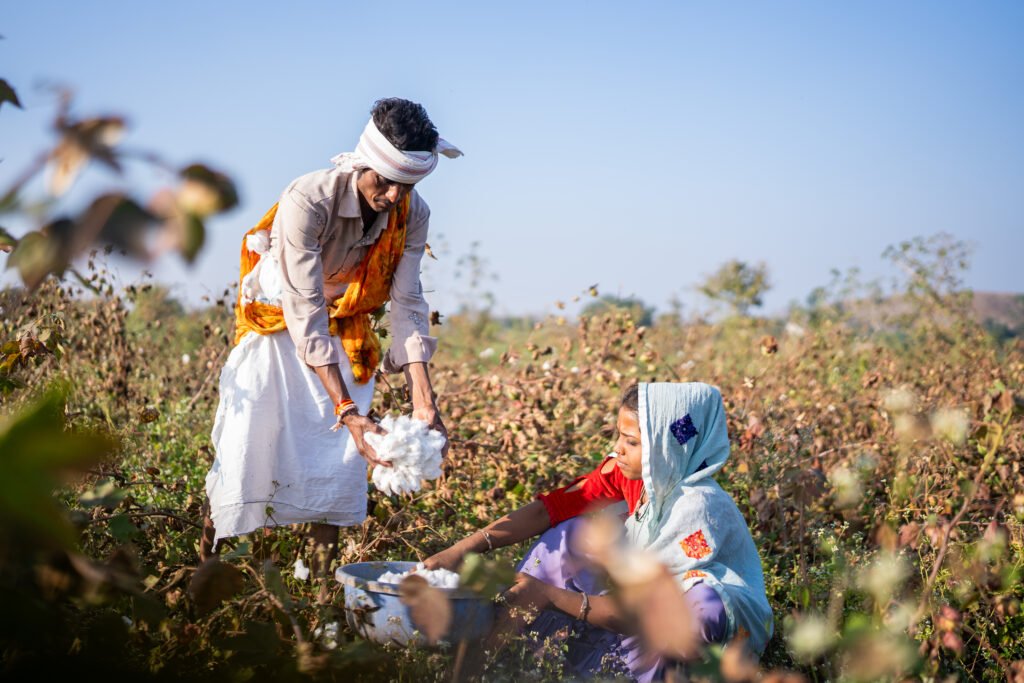
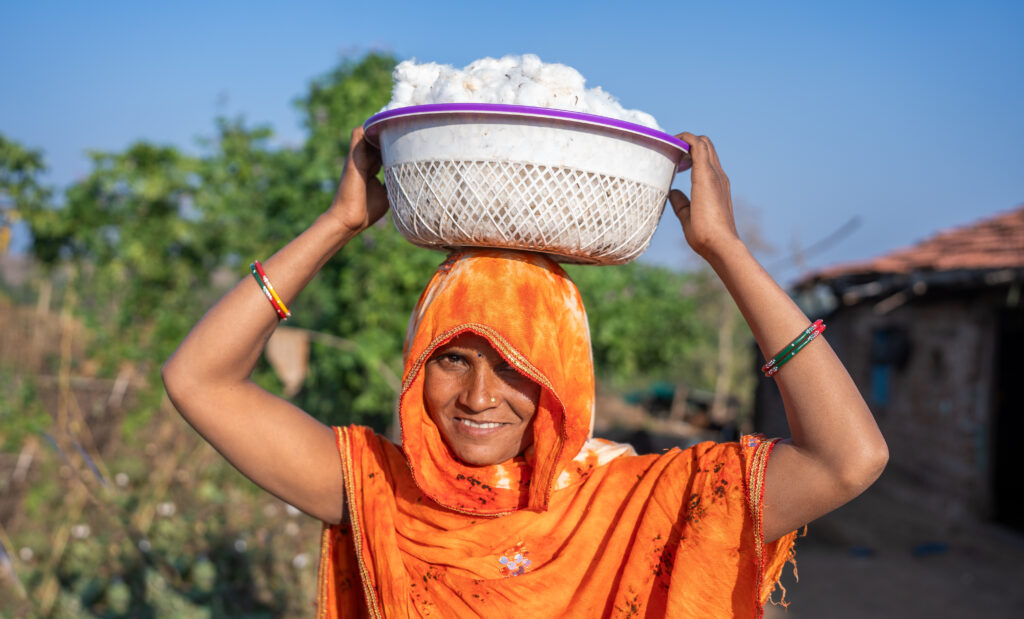
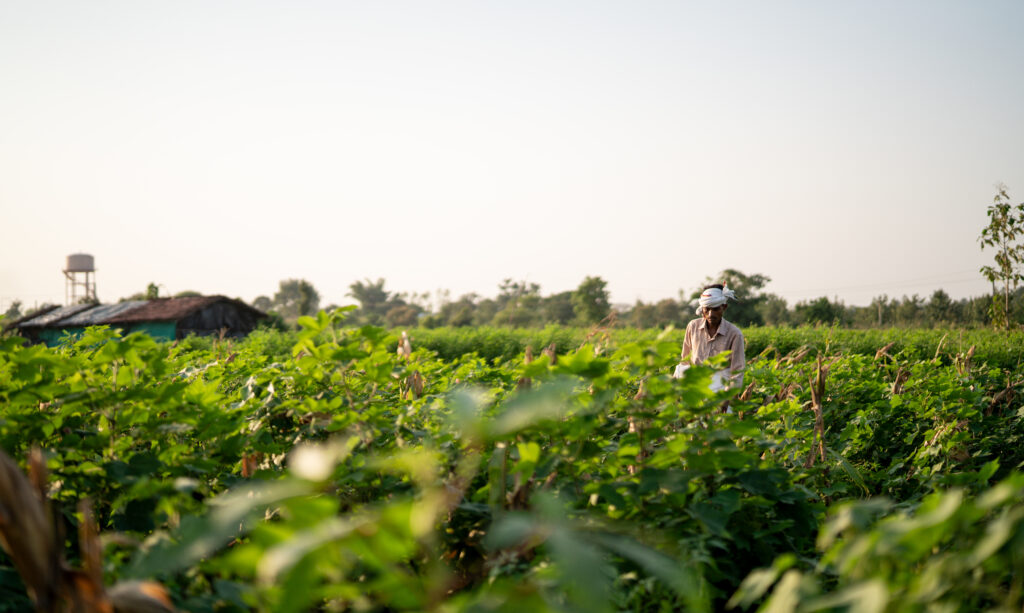
“At Laudes Foundation, we are proud to support both the Organic Cotton Accelerator (OCA) and the Regenerative Production Landscape Collaborative (RPLC),” said Anita Chester, Head of Programme – Fashion, Laudes Foundation. “This partnership represents a critical step toward building resilient and regenerative rural landscapes. By aligning OCA’s focus on organic farming with RPLC’s broader landscape approach, we can drive transformative change that benefits not only farming communities but also the environment. Together, these initiatives complement each other, offering holistic solutions that foster sustainable agricultural practices, improve farmer livelihoods, and create market opportunities. We are excited to see how this collaboration will scale impact in Madhya Pradesh and beyond.”
The landscape approach brings value to OCA’s farmers by establishing a locally owned, long-term programme aimed at addressing the root causes of sustainability issues. RPLC convenes many different stakeholders, including government departments, private sector, civil society organisations, academia, funders and investors to create the right enabling environment for the transition to regenerative farming. Ultimately, the RPLC guides farmers toward organic farming, but it believes this transition requires gradual and long-term systemic changes beyond the farmgate to be successful.
OCA works with over 25,000 farmers producing organic and in-conversion cotton in Madhya Pradesh, focusing on support measures that help them switch and stick to organic, whilst building better incomes through secure market demand, better prices, training and seed provisions. OCA adds value to RPLC by engaging its field partners to support farmers in conversion to organic cotton production, maintaining strong market connections, and leveraging market incentives for organic and in-conversion cotton through premium payments and offtake agreements.
OCA convenes value chain stakeholders to support regenerative organic agriculture practices for smallholder cotton farmers and address environmental issues caused by unsustainable practices. OCA invites like-minded civil society organisations to join in building a shared, long-term vision and approach to scale regenerative and restorative cotton production practices.
About the landscape approach
The landscape approach is a framework for inclusive and multi-sectoral land use management and territorial development. It involves collaboration among government, private companies, civil society, farmers, and other stakeholders to develop a regional development plan or “Compact.” Inclusive governance structures are established to enable this collaboration and foster local ownership.
The vision is to cultivate agricultural commodities using regenerative farming principles that improve livelihoods, restore natural resources, and reduce emissions. This approach aims for improved economic stability and climate adaptation. Businesses can source responsibly while fostering inclusive supply chain relationships. Key focus areas include soil health, water cycle rejuvenation, GHG emission reduction, conserving biodiversity, improving smallholder incomes, and the promotion of gender equity and fairness.
About OCA’s Farm Programme
Dedicated to transforming the organic cotton supply chain through sustainable farming practices, OCA’s Farm Programme supports farmers in adopting organic methods that enhance soil health, increase biodiversity, and reduce chemical use. By providing training, resources, and fair market access, OCA empowers farmers to produce high-quality organic cotton that meets global standards, boosting farmers’ livelihoods and fostering a more resilient and transparent organic cotton supply chain.
